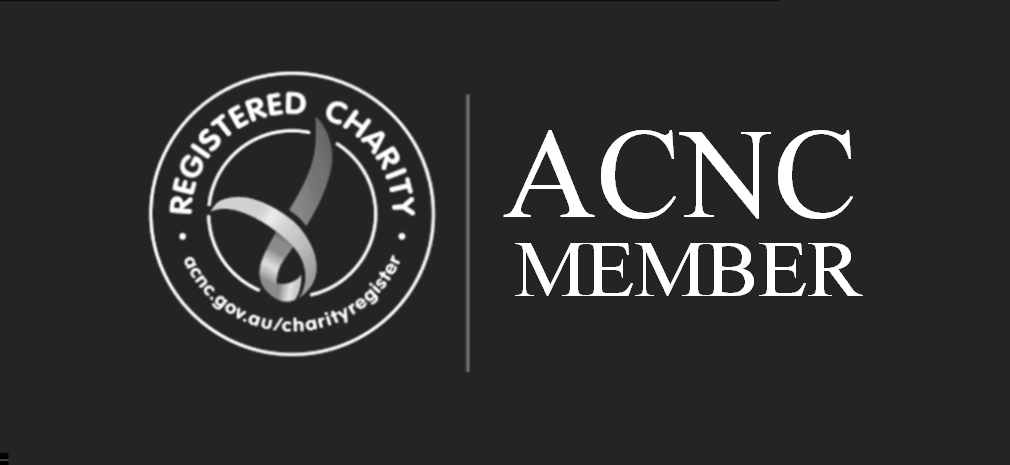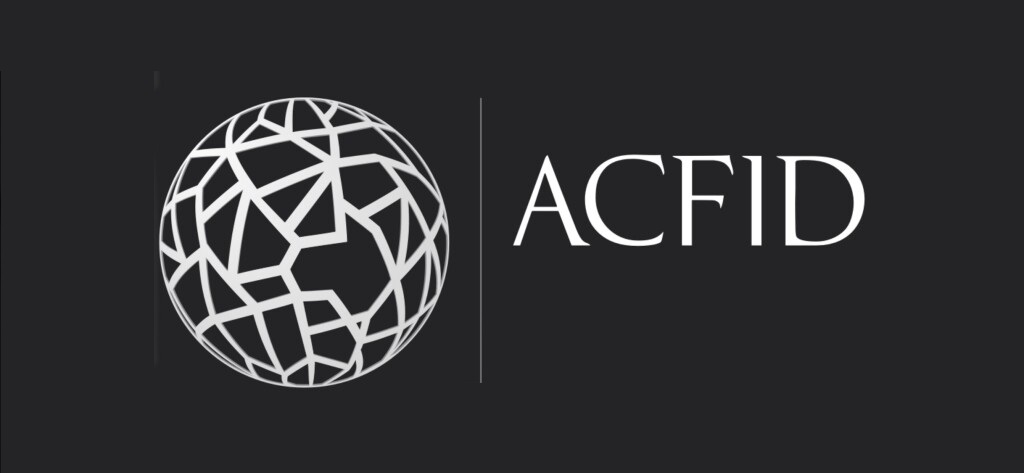DAISI’s Constitution is based on the principles of protecting human rights, promoting empowerment and local ownership, sustainable change and high quality and effective projects, through the use of good governance, respect for our members, environmental stewardship, communicating effectively and transparently with all stakeholders and collaborating with our partners in a collegiate manner.
Principle 1 –RIGHTS, PROTECTION & INCLUSION
Respect and protect human rights
- Doctors Assisting in the South-Pacific Islands (DAISI) is a not-for-profit organisation aimed at providing medical and surgical assistance and education to the South-Pacific where it is most needed.
- It particularly emphasises helping those poorest South Pacific neighbours closest to Australia that fall significantly under the Word Health Organisation (WHO) Poverty Line including the Solomon Islands, Papua New Guinea, Vanuatu & Kiribati.
- Although significantly better off, countries such as Samoa, Tonga, Fiji & Cook Islands still fall within the scope of DAISI’s constitution, we recognise these countries are significantly better off than the above-mentioned countries, and therefore these counties take a second priority to those well below the Poverty Line.
- Counties of the South Pacific well supported by tourism and third part counties such a New Caledonia & Tahiti, are above the Poverty Line and do not fall within the scope DAISI’s objectives.
- DAISI will always seek to incorporate and protect the vulnerable and marginalised in its projects and reporting.
- DAISI will response to crisis and human tragedy where and when it can.
- DAISI is open to membership to anyone who has volunteered in the South Pacific with DAISI and agrees to abide by the ethos of DAISI, and remain compliant with the laws governing the country in the South-Pacific that is visited as well as their country of abode or residency.
- DAISI will encourage marginalised groups to participate in DAISI activities.
- Any qualified doctor, medical student nurse, or other DAISI volunteer who wishes to be a member of DAISI must have practiced volunteer medical work in the South Pacific Islands with DAISI in a manner compliant with the rules and the laws governing the country. Doctors must be registered with the Medical Board for the period of time that they practice medicine in the South-Pacific with applications made to the respective medical registration board well prior to planned visit to ensure currency of registration while practicing medicine in the South-Pacific Islands. Medical students must practice in the South-Pacific Islands under the supervision of a qualified medical practitioner. In 2019 DAISI’s Constitution was changed to allow non-medical volunteers equal membership of DAISI if they have volunteered with DAISI..
- DAISI is a non-political, non-religious organisation, whose emphasis is cooperation with existing rules and infrastructure, and as such does not interfere with local issues of a religious or political nature.
- No member, volunteer or partner will be prejudiced against based on their political or religious affiliation.
Principle 2 –PARTICIPATION, EMPOWERMENT & LOCAL OWNERSHIP
Promote empowerment & local ownership
- The aim of DAISI is to empower the people of the South-Pacific Islands with an emphasis on education, collaboration and a collegiate interaction with existing doctors and infrastructure. Teaching is a fundamental quality emphasised by DAISI, as the aim is to promote self-sufficiency amongst the South-Pacific Islands, rather than reliance on medical aid.
Principle 3 – SUSTAINABLE CHANGE
Advocate for lasting change & environmental stewardship
- DAISI’s emphasis on reclaiming and sending medical equipment to the South Pacific must be done with careful consideration to the environment.
- This includes being mindful of the perceived need for such items;
- the longevity of equipment sent and need for maintenance; and,
- wherever practical, the use of reusable, rather than disposable (single use) items.
Principle 4 – QUALITY AND EFFECTIVENESS
Promote high quality and effective projects
- DAISI is committed to engaging only in high quality projects with clearly defined goals, and the high quality reporting of its projects and outcomes to all stakeholders. Measures to ensure this include:
-
-
- the development of key performance indicators (KPI) for each of DAISI’s activities
- brief and debrief sessions with the local administration at the start and end of visits
- completion by each team of a feedback report and logbooks citing cases screened, cases performed, and any complications that arose.
- completion by all volunteers of the online Provide Feedback form upon completion of their visit with outlier responses and suggestions reviewed by the DAISI board Members.
-
- DAISI is compliant with World Health Organisation (WHO) recommendations for all its projects.
Principle 5 –COLLABORATION
Collaborate with our partners in a collegiate manner
- DAISI will only enter programs with hospitals and countries with which it has an established Memorandum of Understanding (MOU). This is imperative to ensure collegiate and reciprocal involvement of all parties and to ensure compliance with minimum standards and promotion of good clinical governance.
- DAISI will only collaborate with partners whose practices are consistent and not dissimilar to the principles promoted by DAISI.
- DAISI doctor and nurse volunteers must obtain temporary medical and nursing registration from the country they intend to volunteer, in compliance with that country’s rules and law.
Principle 6 – COMMUNICATION
Transparent and truthful in our communication
- An Annual report detailing DAISI’s income and expenses for the previous financial year, and all activities engaged in by members of DAISI will be sent to all members of DAISI annually and made available publicly on its website.
- The circulation of the annual activity report and budget report will also contain a link that invites all existing members to “opt in” “opt out” as an ongoing member of DAISI for the future 2 year period with membership not automatically renewed and dependent on the return of this completed form. Membership is free.
Principle 7 – GOVERNANCE
Provide responsible governance for our projects always conducted not for profit.
- DAISI is committed to providing good governance of all activities with the establishment of a Board and Executive Officers, which meet regularly to ensure the good governance of projects.
- Executive Committee/Board meetings will be ideally conducted quarterly, but not less than twice a year.
- Executive Committee/Board meetings will be attended by the board detectors, the executive committee, the General manager & CEO, and (by invitation) the audit and risk committee other office bearers.
- The safeguarding of vulnerable adults and children should be part of standard agenda for each board meeting.
- DAISI is to conduct an Annual General Meeting (AGM) in the first week of July each year where KPI and quality control issues are raised, and policies reviewed. An annual activity and finance report is to be made publicly available on its website and provided to each country DAISI has established MOU with.
- Quorum defined as minimum of 80% or greater of executive/board members present, must be obtained for any policy changes or voting on matters to occur. It the case of eight board/executive members, this would require seven to be present.
- DAISI members do not operate for the profit, personal gain or other benefit of particular people. This applies both while the organisation is operating and if it ‘winds up’ (closes down). DAISI assets and income shall be applied solely to further its objectives and no portion shall be distributed directly or indirectly to the members of the organisation except as genuine compensation for services rendered or expenses incurred on behalf of the organization.
- A Conflict of Interest is defined as a situation in which a person is in a position to derive personal benefit from actions or decisions made in their official capacity. Conflicts of Interest are explicitly contrary to DAISI Not for Profit or personal gain policy. Conflicts of Interest must be declared by all DAISI Board members and Office Bearers, and should be recorded, and monitored and not allowed to influence decision making.
- Where someone is found to have a Conflict of Interest, that person should be removed from that particular role to avoid an perceived or actual conflict.
- Whilst DAISI is a supportive and advisory organisation, it takes no personal responsibility for injury or loss of property or illness or death while members are working in the South-Pacific Islands. DAISI recommends travel and medical insurance when visiting the South-Pacific Islands, and notification of your medical indemnity provider prior to visits to the South-Pacific Islands to ascertain the level of medicolegal protection offered to you by your indemnifier. All volunteers are to practice within their scope of practice and level of qualification…
Principle 8 – RESOURCE MANAGEMENT
Source, use and account for all funds in an ethical manner
- Money received from fundraising and donations are to be obtained ethically and in accordance with DAISI’s ethos and policies, respecting the vulnerable.
- In order to maintain the trust of its donors, DAISI is committed to the majority of funds raised being put directly to the delivery of projects and medical aid to the people of the South-Pacific, with the minority (and least possible) spent on DAISI administration.
Principle 9 – PEOPLE AND CULTURE
Value, support and guide our members ensuring their conduct is exemplary.
- DAISI is committed to recruiting only the highest quality volunteers and members
- To ensure this stringent vetting of all applicants must occur.
- child safety and preventing the exploitation of children or vulnerable adults, being signatories to the relevant Government Laws and Codes of Conduct in relations to preventing Child Abuse and Sexual Exploitation of vulnerable adults.
- DAISI promotes child safeguards and therefore will ensure responsible vetting of volunteers applicants which must include
- Child-safe recruitment practices including commitments to child protection in advertising, referee checks, behaviour based interviews and criminal history checks
- A documented Child Protection Code of Conduct, signed by all staff and prominently displayed, even for children involved in its activities
- Leadership which commits the organisation to child safeguarding practices and being child safe
- A clear and well communicated child protection incident reporting procedure
- a National Police Records (NPR) check and Working With Children Check (WWCC) as well as reference check .
- Medical and Nursing staff wanting to volunteer with DAISI will be required to provide proof of current medical or nurse registration in their country of origin.
- Any Medical or Nursing staff must declared in their application if they have been the subject of disciplinary action or suspension/cancellation of registration, and if so will require review and approval of their application by the Executive Board before being allowed to volunteer.
- DAISI’s Executive Committee consists of a Chair, Deputy Chair, Secretary & Treasurer. The Executive Committee meets quarterly to manage DAISI’s administrative needs. The Executive Committee provides governance and direction to the office bearers (including the CEO) and General Manager.
- The CEO, General Manger and Office Bearers are elected by the board every two years
- The Majority of Board Members are to be non-executive. This is to ensure the independence of the Board from management.
- The board of directors provide strategic planning and governance to the executive committee.
- The board of directors is responsible for appointing the CEO and General manager.
- All board members are volunteers and are not remunerated for their work for DAISI and must not have any conflict of interest.
- DAISI board members will vote on all matters pertaining to changes to its constitution (as stated here)



